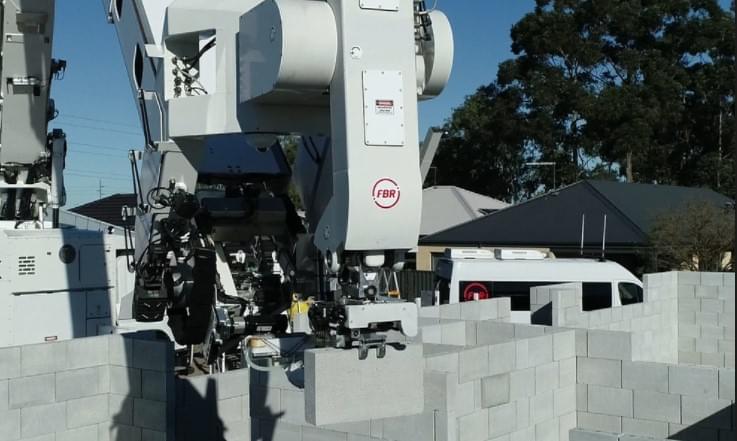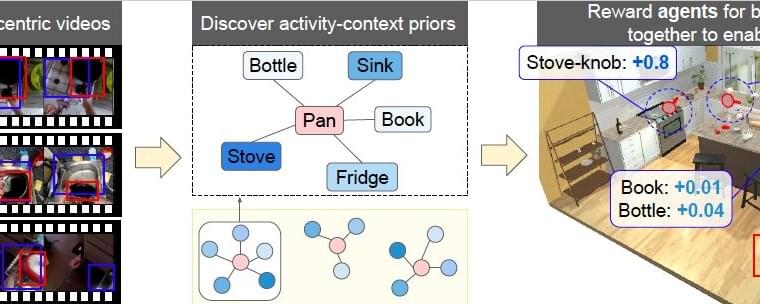UK Cities Climate Investment Commission calls for “place-based demonstrators” or neighbourhood pilots where green investment opportunities can be gathered together as a package.



Robotic bricklaying company FBR has executed a term sheet with GP Vivienda to supply its Wall as a Service (WaaS) robotic construction system to build between 2,000 and 5,000 homes in Mexico.
The company will also supply all associated retaining walls and other brick and block structures to a greenfield residential development sites.
Construction will utilise the company’s Hadrian X construction robot (pictured) which rapidly builds block structures from a 3D CAD model, producing far less waste than traditional construction methods while dramatically improving site safety.



Tesla is working on moving driver profiles to the cloud in order to sync them between vehicles.
It will make it easier for owners of multiple Teslas and for people renting or sharing Tesla vehicles.
Over the last few years, Tesla has been making moves to build a smooth experience for a self-driving and car-sharing future.

China is the world largest electric vehicle market and not surprisingly, has the world’s highest number of charging points.
According to the China Electric Vehicle Charging Infrastructure Promotion Alliance (EVCIPA) (via Gasgoo), as of the end of September 2,021 there were 2.223 million individual charging points in the country. That’s a 56.8% increase year-over-year.
However, this is the total number, which consists of over 1 million publicly accessible points, and an even higher number of almost 1.2 million private points (mostly for fleets, as we understand).



This could hopefully be used to train robot hands how to handle everyday objects, a billion times over.
Over the past decade or so, many roboticists and computer scientists have been trying to develop robots that can complete tasks in spaces populated by humans; for instance, helping users to cook, clean and tidy up. To tackle household chores and other manual tasks, robots should be able to solve complex planning tasks that involve navigating environments and interacting with objects following specific sequences.
While some techniques for solving these complex planning tasks have achieved promising results, most of them are not fully equipped to tackle them. As a result, robots cannot yet complete these tasks as well as human agents.
Researchers at UT Austin and Facebook AI Research have recently developed a new framework that could shape the behavior of embodied agents more effectively, using ego-centric videos of humans completing everyday tasks. Their paper, pre-published on arXiv and set to be presented at the Neural Information Processing Systems (NeurIPS) Conference in December, introduces a more efficient approach for training robots to complete household chores and other interaction-heavy tasks.